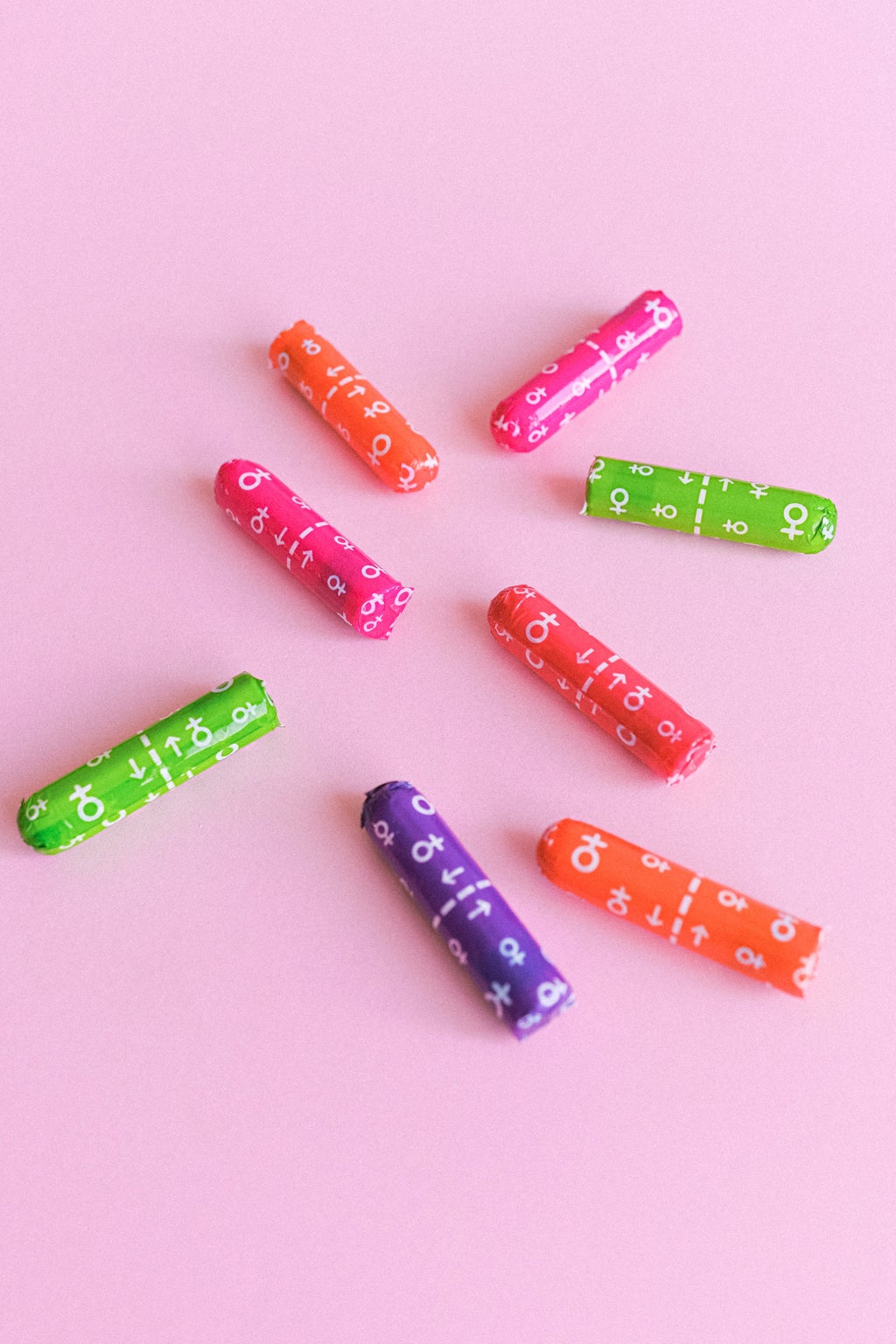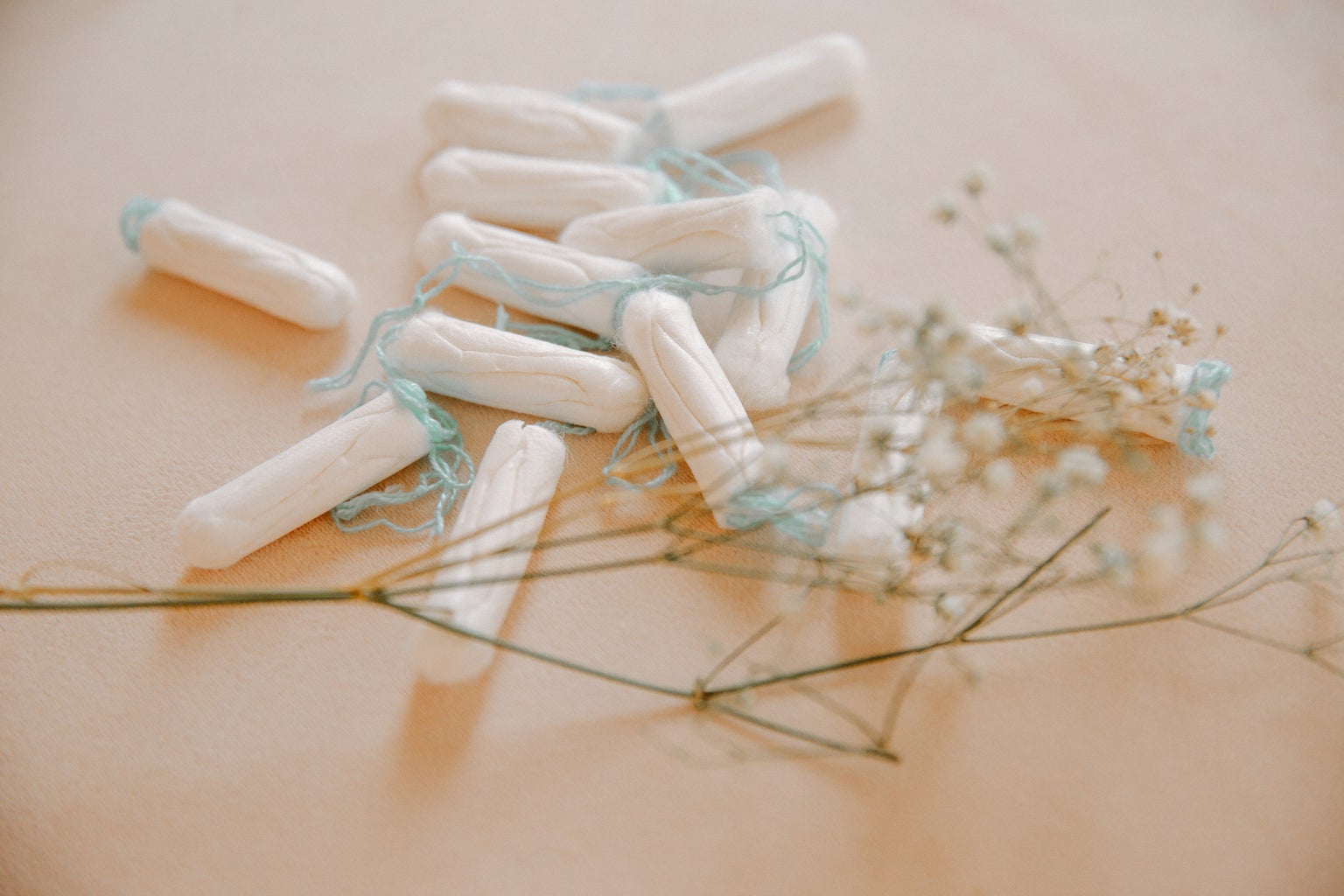It’s no secret that even in our modern world there are a plethora of gender inequalities regarding health and reproductive studies, but recently a long-overdue study on feminine hygiene products has shown that many popular tampon brands use toxic metals in their products, such as cadmium, mercury, lead and arsenic, among others.
Over 30 brands of both organic and nonorganic tampons were tested, and revealed that every single one contained high levels of various toxic metals. Among the effects, experts say these metals can increase the risks of, “dementia, infertility, diabetes and cancer. They can damage the liver, kidneys, brain, and cardiovascular, nervous and endocrine systems,” among other effects, which is why many of these metals have been banned for public use.
This finding influenced an investigation from the FDA, who are working to determine if the metals can be absorbed into the human body from tampons, and if the levels pose a health concern. Right now, it raises elevated concerns because vaginal tissue is more permeable than other tissue in the body, and there is no safe level of lead in the bloodstream, which was a main metal found throughout the study. This leads experts to believe that the roughly 11,000 period products a menstruating person uses in their lifetime can be a potential health hazard.
Conducted at UC Berkeley, the study went public in July of 2024, stating that as far as they know this is the first time ever that metal testing has been done in tampons, even though this is not the first time concern has been raised about the harmful effects of period products. In 2022 an investigation into period products found that PFAS, or “forever chemicals” are found in 48% of pads and liners, 22% of tampons and 65% of period underwear. Even the popular brand, Thinx, recently went through a years-long lawsuit (which they settled) for this very reason.
With a history of ineffective or non-existent testing on tampons and no requirements for manufacturers to disclose what is in them, it’s hard to say how long the metals have been there, if they contribute to the effectiveness of the products, or how they got there. Currently, the FDA investigation is still underway, which aims to shed light on their safety and will end in the regulation of materials in period products and mandate information availability.
But what can you do if you still feel unsafe using tampons? As already mentioned, liners, pads and period underwear can still contain harmful ingredients but may be less likely to cause health concerns because they are on the outside of the body. Menstrual cups are another option that, unlike tampons and pads, collect menstrual blood instead of absorbing it. Unfortunately, that’s about where the options end, and for various reasons not every option works for every person.
What’s more upsetting, is that not everyone has access to sanitary period products to begin with and if they are now unsafe, the options are virtually non-existent. We have sent people to the moon, we have cars that drive themselves, technology that can construct a face from nothing, but a basic need for roughly half the planet is not being met in a safe and accessible way.
We deserve better. Period.





